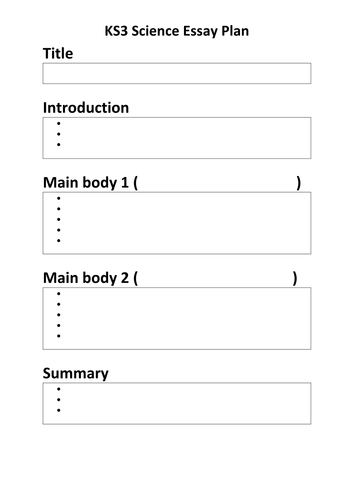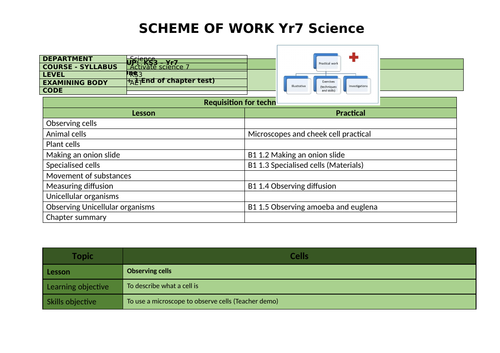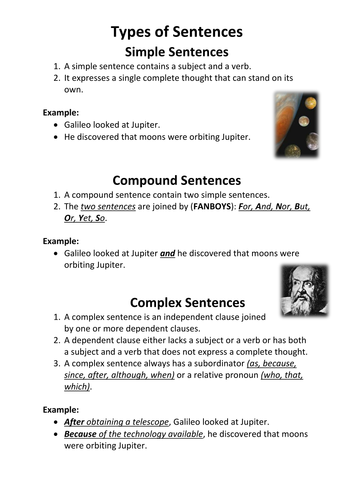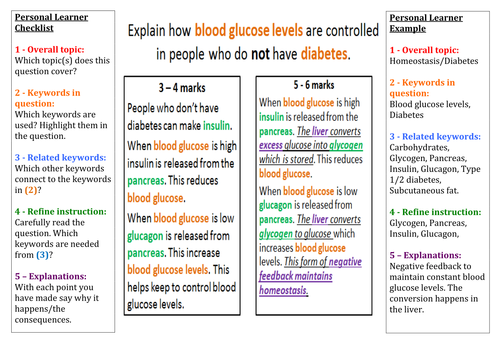243Uploads
106k+Views
54k+Downloads
Biology

KS3 Scientific Essay Plan
I found that a lot of my KS3 were simply copying and pasting information for homework.
This was designed to get them to have to think critically about the information they are including.
Ideally, they follow the plan and you give feedback which they use along with the plan to write the actual essay.

B1.1 Observing cells
Kerboodle Activate (1)
Chapter 1: Cells
Lesson 1: B1.1 Observing cells
The Kerboodle worksheet are not included so as to be acting within the TES code of conduct.
Keywords: Organisms, Cells, Microscope, Observation, Slide, Magnification, Objective lens, Eye-piece lens

B1.4 Specialised cells in animals (and plants)
AQA GCSE Sciences (9-1)
Biology: B1 Cell structure and transport
Lesson 4: B1.4 Specialised cells in animals (and plants)
Based on the Kerboodle Resources
The AQA Kerboodle worksheet are not included so as to be acting within the TES code of conduct.
Keywords: Specialised cells, Red blood cells, Nerve cells, Sperm cells, Haemoglobin

B15.8 Antibiotic resistance
AQA GCSE Sciences (9-1)
Biology: B15 Genetics and evolution
Lesson 8: B15.8 Antibiotic resistance
Based on the Kerboodle Resources
The AQA Kerboodle worksheet are not included so as to be acting within the TES code of conduct.
Keywords: MRSA

B1.7 Osmosis
AQA GCSE Sciences (9-1)
Biology: B1 Cell structure and transport
Lesson 7: B1.7 Osmosis
Based on the Kerboodle Resources
The AQA Kerboodle worksheet are not included so as to be acting within the TES code of conduct.
Keywords: Osmosis, Isotonic, Hypertonic, Hypotonic

B1.9 Active transport
AQA GCSE Sciences (9-1)
Biology: B1 Cell structure and transport
Lesson 9: B1.9 Active transport
Based on the Kerboodle Resources
The AQA Kerboodle worksheet are not included so as to be acting within the TES code of conduct.
Keyword: Active transport, Concentration gradient

B15.9 Classification
AQA GCSE Sciences (9-1)
Biology: B15 Genetics and evolution
Lesson 9: B15.9 Classification
Based on the Kerboodle Resources
The AQA Kerboodle worksheet are not included so as to be acting within the TES code of conduct.
Keywords: Classification, Species, Archaea, Domains

KS3 Science Yr7 Biology Student response sheets
A collection of student feedback sheets based on exam style questions.
Best used when you have identified an area of weakness.
This should help make marking meaningful.
Topics include Cells, Body systems, Reproduction,

KS3 Science Yr8 Biology Student response sheets
A collection of student feedback sheets based on exam style questions.
Best used when you have identified an area of weakness.
This should help make marking meaningful.
Topics include Health and Lifestyle, Ecosystem, Adaptation and Inheritance,

B1.2.3 Making an onion slide (Practical)
Kerboodle Activate (1)
Chapter 1: Cells
The Kerboodle worksheet are not included so as to be acting within the TES code of conduct.

B1.4 Movement of substances
Kerboodle Activate (1)
Chapter 1: Cells
The Kerboodle worksheet are not included so as to be acting within the TES code of conduct.
Keywords: Diffusion, Concentration, Osmosis

B1.5 Unicellular organisms
Kerboodle Activate (1)
Chapter 1: Cells
The Kerboodle worksheet are not included so as to be acting within the TES code of conduct.
Keywords: Unicellular, Amoeba, Euglena, Flagellum

B1.4.2 Measuring diffusion
Kerboodle Activate (1)
Chapter 1: Cells
The Kerboodle worksheet are not included so as to be acting within the TES code of conduct.
Keywords: Diffusion, Agar, Osmosis

B5.9 Human defence response
AQA GCSE Sciences (9-1)
Biology: B5 Communicable diseases
Lesson 9: B5.9 Human defence response
Based on the Kerboodle Resources
The AQA Kerboodle worksheet are not included so as to be acting within the TES code of conduct.
Keywords: White blood cells, Pathogens, Antibodies, Antitoxins

Yr7 Cells Scheme of Work Kerboodle Activate 1 (SoW)
Content
Lesson objective
Skills objective
Learning outcomes
Keywords
Numeracy
Practical
Homework
Misconceptions
Key questions to ask
Lesson plans:
Observing cells
Animal Cells (Practical)
Plant cells
Making an onion slide (Practical)
Specialised cells (Practical)
Movement of substances
Measuring diffusion (Practical)
Unicellular organisms
Observing Unicellular Organisms (Practical)
Chapter Summary

Science 101 (Introduction lesson 1/4)
Designed to be the first lessons for Year 7s (1/4).
Learning outcomes: (*) State what an observation is. (*) Describe the difference between observation and inference. (*) Use data to formulate an inference about fossil distribution.
Also included are sentence types (Simple, Compound, Complex) with scientific examples to build literacy skills in later lessons.

B1.2.1 Animal cells
Kerboodle Activate (1)
Chapter 1: Cells
The Kerboodle worksheet are not included so as to be acting within the TES code of conduct.
Keywords: Nucleus, Cell membrane, Cytoplasm, Mitochondria, Organelle

B1.2.1 Plant cells
Kerboodle Activate (1)
Chapter 1: Cells
The Kerboodle worksheet are not included so as to be acting within the TES code of conduct.
Keywords: Chloroplast, Cell wall, Chloroplasts, Photosynthesis

B1.5.2 Observing unicellular organisms
Kerboodle Activate (1)
Chapter 1: Cells
The Kerboodle worksheet are not included so as to be acting within the TES code of conduct.
Keywords: Unicellular, Amoeba, Euglena, Flagellum

Guide to answering 6 mark questions in science
The resource models the difference between 5 and 6 mark answer.




















